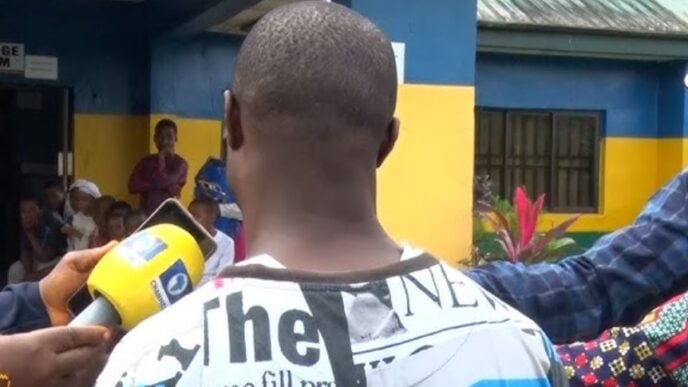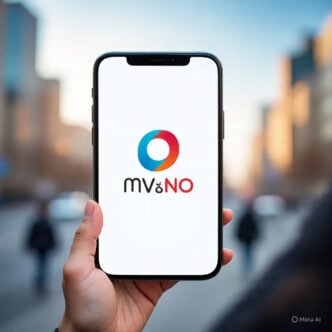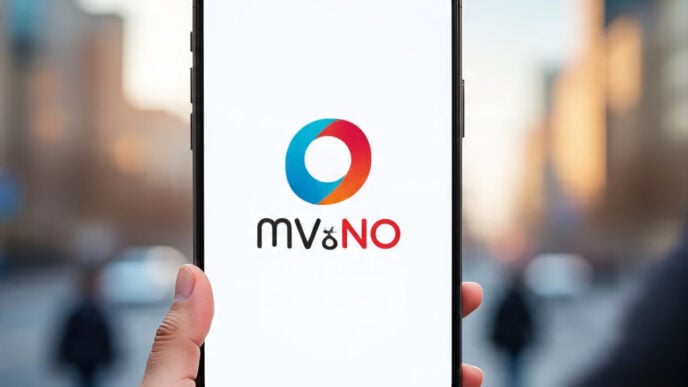BY HASSAN GIMBA
In the past year or so, I have become a sad man. I feel sorry for myself, as I cannot do much to stem the tide. I also feel sad for our youth, who are daily ensnared by the ravaging trend. But I am more distressed for Nigeria, my country, for breeding such youth. We are mortgaging our country’s future by sacrificing our youth’s intellectual growth to artificial intelligence (AI).
I recall our growing days with nostalgia. I started reading my senior sisters’ novels, the Mills and Boon series, and those by Agatha Christie at age nine. At the same time, I could read popular Hausa novels, such as Magana Jari Ce, Iliya Dan Maikarfi, Ruwan Bagaja, and Dare Dubu Da Daya (Alfu Laila).
There were magazines in the early to mid-1970s, such as Drum and its African Film, or Spear Magazine, featuring the iconic Lance Spearman (aka The Spear), regarded as our African James Bond in a photo comic illustration. There was also Sauna Jack! Before we reached class seven, those in our circle of friends, Mohammed Salisu Adamu, Nuhu Aliyu Kangiwa, Liman Shettima and a host of others had read almost all available comic books, illustrated in black and white drawings, mainly Tarzan, Captain America, Mighty Thor, Hulk, Spider-Man, The Avengers, and those World War stories in graphic forms. Forget that the war stories, unlike what we now know, always depict the American/British soldiers as heroic and respectful of human dignity and the “Geneva Convention”. Subtle colonisation of innocent minds!
Advertisement
Our parents, by design, always brought home local and foreign newspapers, news magazines, and the general-interest family magazine, the Reader’s Digest, and we eagerly devoured them. By the time I was in primary seven, I had started buying newspapers, which were sold at ten kobo each.
Our primary school, Shehu Garbai, made strenuous efforts to mould us into readers who thought of what they read and could put that down on paper. It had a library, yet the school authorities registered all of us with the state library. There were days when we would march to the library with our teachers to read and study there. And we frequent the library even during holidays, reading there and borrowing two per person at a time to come and read at home for a maximum period of two weeks. This was typically what we did from primary school to university.
Our assignments were never “cut and paste”, perhaps because there was no internet, not to mention Google. There was plagiarism, of course, but anyone caught was isolated and dealt with. However, assignments were research-based, submitted after studying the topic from different sources and “sparring” over it with colleagues. Examinations were marked based on the written work, which was based on a foundation of knowledge.
Advertisement
With the advent of the Internet and Google, assignments became increasingly based on gleaned materials from others’ works. Without understanding the topic or having a more profound knowledge of it, students copied other people’s work and presented it as their own.
If many conscientious students of knowledge abhor that method, what would they say about assignments now being written by machines? Our students have surrendered their thinking faculties to AI. There is no reading or writing; therefore, deep thinking has taken flight, and imaginations are now around skits and TikTok content creation. There is nothing intellectual; depth has given way to superficialities.
Instead of glimpsing at the writer’s soul through the spirit of his writings, what faces us are mechanical grits, a body with no spirit, no signature, nothing linking the purported writer from the past through to the future. Ask him about what he claims to have written, and he will look lost. I have seen write-ups full of soulless highfalutin jargon, written by people I know who cannot string together one error-free sentence.
We are not talking about students’ homework answered yesteryears through “copy and paste”: as poor academically as the habit was, at least one read the various parts of the subject to determine what to stitch together. Today, they don’t even do that. You give the machine the topic and, voila!, your answer is there in less than a minute! Now, applications, ordinary letters, emails, proposals, and even the usual requests for favours through SMS or WhatsApp chats are AI-generated by our indolent youth. It is the demise of research-based knowledge, sadly.
Advertisement
And because they lack real knowledge and skills, having surrendered their brains and honour to machines, they have become so intellectually simplistic and lazy in honourable pursuits that they cannot stand on their own. However, some of them are devilish in thought as their empty brains have since been converted into the devil’s workshop.
They broadly come in three categories.
The more ambitious, greedy, evil ones among them gravitate toward ritual killings for money, or “Yahoo, Yahoo”, separating the innocent hardworking from their lives and livelihoods.
The lazier, indulgent ones troop out to where there are advertised employment opportunities, with millions of them milling around a few hundred openings like a cloud of grasshoppers descending on a poor man’s farmland.
Advertisement
Yet there are others with the feeling of entitlement because they have been indulged by parents whose parents gave them a good education and discipline to be where they are today, but have, in return, failed in their parental duty. These lazy youths may live in mansions as their parents have done well for themselves as public servants, or they may be whiling away their time on couches in their parents’ sitting rooms, intermittently playing PS5, watching Netflix, going to expensive stripper clubs at night, eating pizzas and shawarma with money they know their parents pilfered from our commonwealth.
They are so empty – having sacrificed their souls to machines – that they cannot even tie their bootstraps, not to talk of standing on their feet, yet they are quick to challenge anyone with the useless rhetoric of, “Do you know who I am?”
Advertisement
To be continued…
Hassan Gimba, anipr, is the publisher and CEO of Neptune Prime
Advertisement
Views expressed by contributors are strictly personal and not of TheCable.










